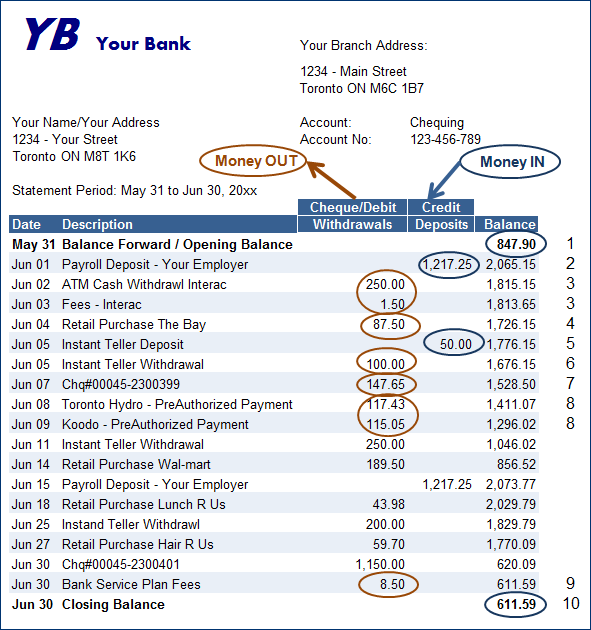In
today’s competitive market we understand the urgency of your pre-qualification.
We acknowledge that in Today’s housing market it is very HOT and new listings
go under contract just before you can make an offer. Before you begin your home
search have a solid team to help you out. Meaning, you should have a Realtor
who is very knowledgeable, a Broker with experience, and a Loan Officer who doesn’t take more than one day to give you a
pre-qualification letter, working for you.
If your Loan Officer takes
more than one day to provide you with a Pre-Qualification letter, than you
could lose out on the opportunity to make an offer on a new listing.
Have you been Pre- approved for a home? If you
have started your pre-qualification process, it is imperative that you get a
fast and accurate response within 24 hours after submitting all your loan
requirements to the loan officer. Your prequalification is very important, this
will determine how much you can afford! Your loan Officer should be able to
talk to you about Loan options, rates, monthly payments and other pertaining
information regarding your purchase.
This Pre-Approval letter
will let your Realtor know that you are a Pre-Approved buyer. Keep in mind,
without a Pre-Approval Realtors will not want to show a listing or will take
you seriously.
Now, if you are needing a
fast, 24 hour Pre-Qualification letter, then come test the waters with NuHome
Group. We provide fast responses and give you a through presentation of home
buying. Don’t hesitate to call us or get more information.
What Items do I need to get Pre-Qualified?
-Last 2 pay stubs (a
month’s worth)
-Last 2 recent months of
bank statements
-Last 2 Years of Tax
Returns along with the W2’s or 1099’s
-Copy of Id and Social
Ready to get your letter?
Call us before you send your documents. We can be reached at the Headquarters’
office of NuHome Group 713-373-0345 or emailed at info@nuhomegroup.com
All consultations are free
and we will be more than pleased to answer any questions you may have. What are
you waiting for? The time is ticking, let us earn your business!
Frank Marta
Broker/Loan Officer
NMLS: 835196/245813










